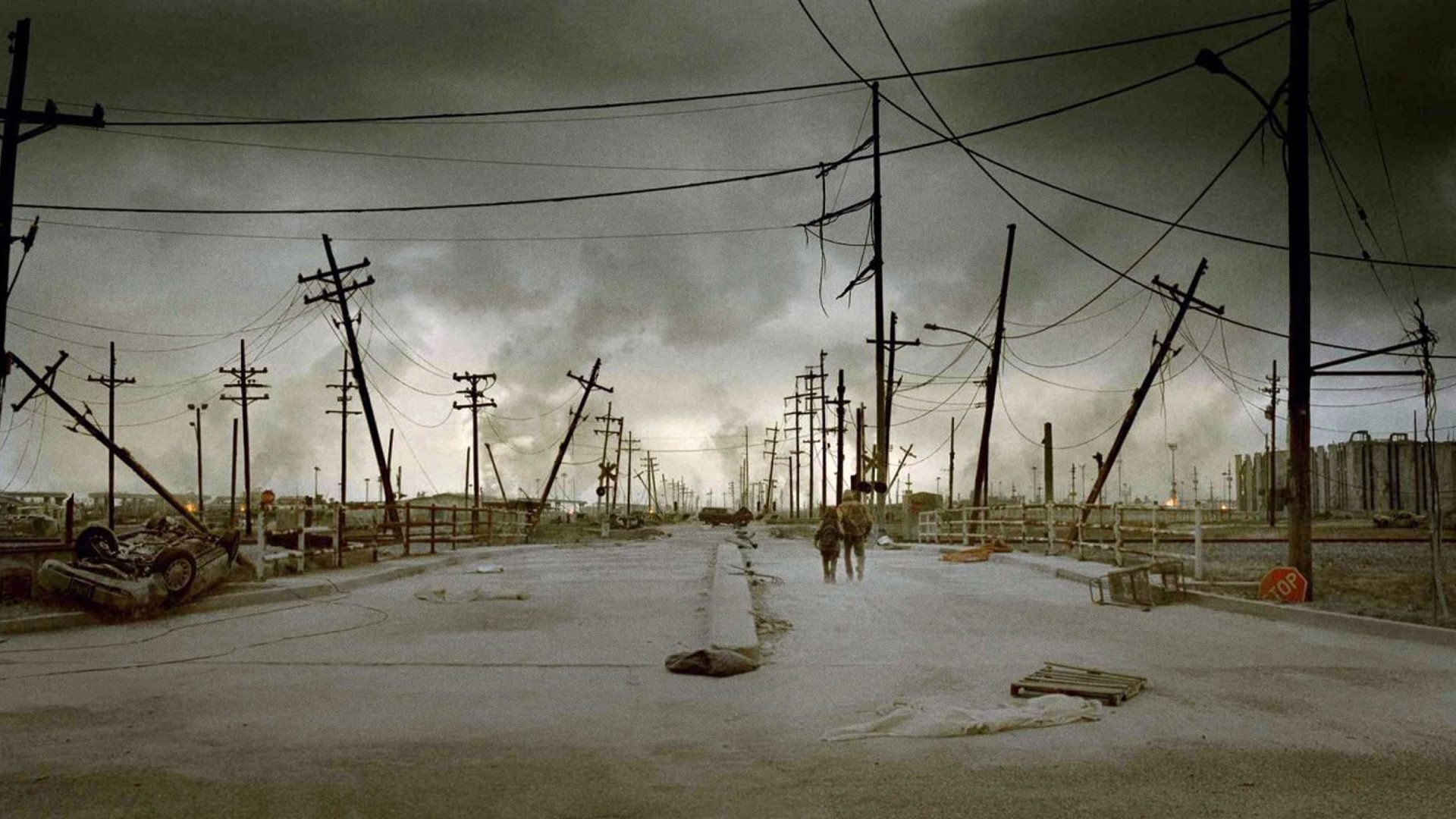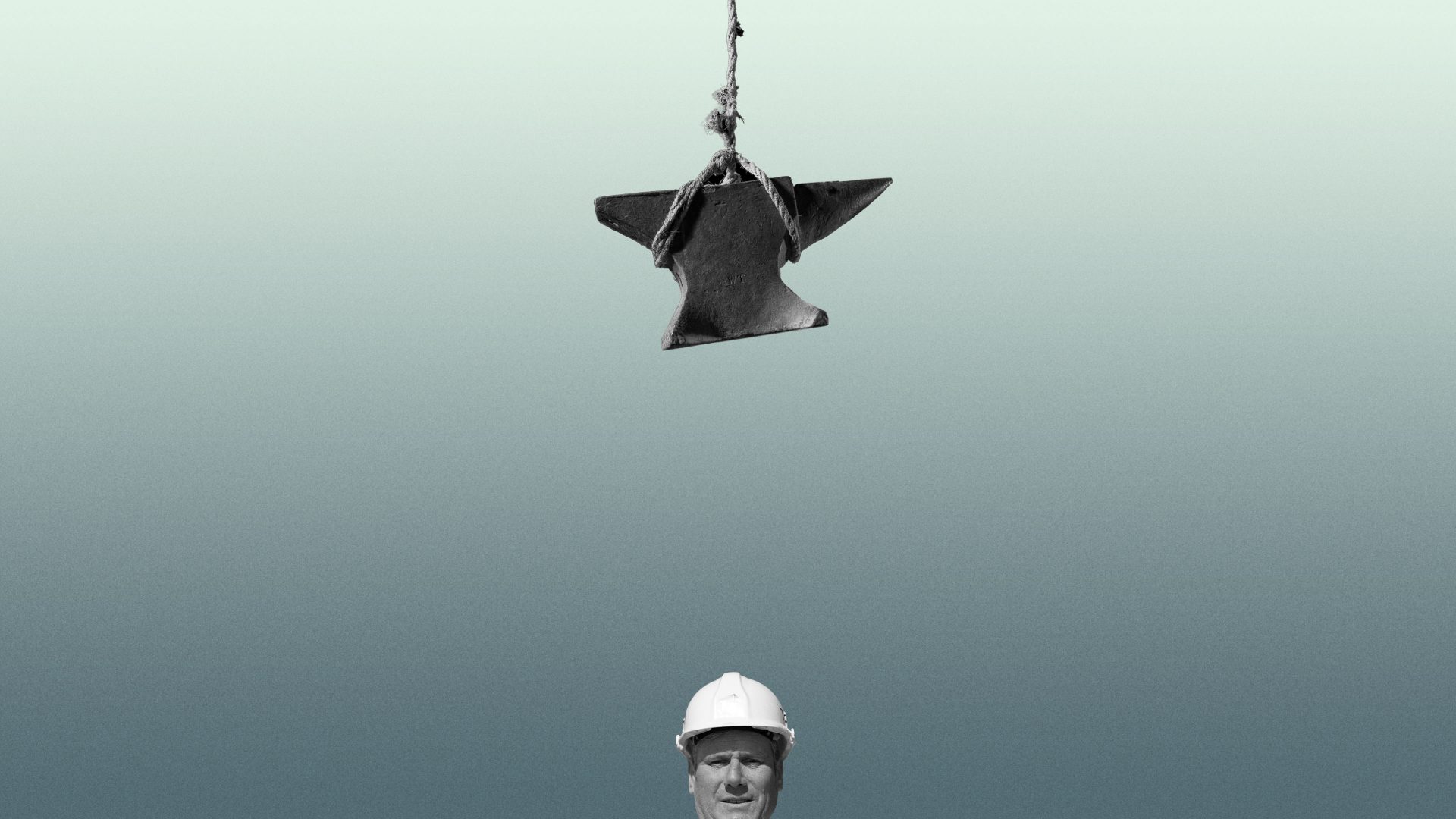Vladimir Putin is moving tactical nuclear warheads into Belarus. He keeps threatening to use them. Perhaps one day he will. Or perhaps he will create a dirty bomb by targeting the Zaporizhzhia nuclear power plant.
One way or another we seem to be edging towards a nuclear war in Europe, one that – once started – is likely to escalate. This thought is so terrible that most of us put it out of our minds.
Perhaps you think the very worst outcome of that kind of war would be that no one would survive. I’m not so sure. It might be worse if some people did.
The breakdown of society and the environment in the aftermath of such destruction is unlikely to bring the best out in people. Human beings cooperate well some of the time, but when things get very tough, you can’t rely on that.
Better to die in the initial blast than to have to endure the aftermath, dealing with radiation sickness, terrible injuries, and the breakdown of communications, food production and water supplies, with people fighting one another for survival.
Thomas Hobbes in Leviathan gave a bleak picture of what life would be like in a state of nature, a world in which there was no authority, no laws, no social structure. We’d be in a war of all against all, with each of us struggling to get a share of scarce resources, never able to trust one another.
Cooperation would be difficult because of the risk of being tricked. Sleeping would be dangerous because even the strong are vulnerable when asleep.
Life in a state of nature would be “solitary, poor, nasty, brutish, and short”. Life after a major nuclear war would probably not be so different, even for preppers with their bunkers and survival kits.
In The Road, the American novelist Cormac McCarthy, who died on June 13, described a Hobbesian world.
The story unfolds in the aftermath of an unspecified disaster, one that has left the landscape bleak and burnt, with any survivors scavenging and fighting for scraps of food among the ash. It is easy to read this as a story about what might happen after a nuclear war.
A father and his son are making a journey on foot across part of America to the coast, pushing their belongings in a shopping trolley
with the inevitable malfunctioning wheel.
The boy’s mother has already lost all hope and committed suicide. Better that, she thought, than be raped, murdered, and probably eaten too, since food was so scarce and many had already turned to cannibalism. She leaves two bullets, one for her husband and one for her son, so that they can avoid capture by killing themselves.
The father tries to look after the boy and maintain some optimism. He wants to “carry the fire” of moral goodness despite what is happening, despite hunger, despite other people. They try to be good in a world of evil and desperation.
But when someone snatches his son, the father shoots the kidnapper in the head using one of the bullets. They go on the run from the dead man’s friends.
Later, they find a group of naked men and women locked in a pantry, kept alive as food so that they can be eaten fresh, limb by limb. They can’t help them. Further on they find a newborn baby cooked on a spit.
Near the end of the novel, weak from starvation, the father and son reach the sea. A thief steals their few belongings and when the father catches him, he forces him at gunpoint to strip naked and leaves him there.
This disturbs the boy – his father seems no longer to be one of the good ones. They return to try to find the man, but he has vanished.
His father, already weak, is shot in the leg with an arrow, and eventually falls ill and dies. The son stays with his body for three days. Finally, a man with a shotgun finds him and persuades the boy that he is one of the good ones and that he will look after him.
The strong suggestion is that he isn’t, and that he won’t. The boy will probably be fattened, killed, and cooked.
This is an appalling picture. But that doesn’t mean it’s inaccurate. We might hope that people would behave better than they do in McCarthy’s Hobbesian wasteland, that they would cooperate, rebuild, and be kind to one another. But that’s probably wishful thinking.



